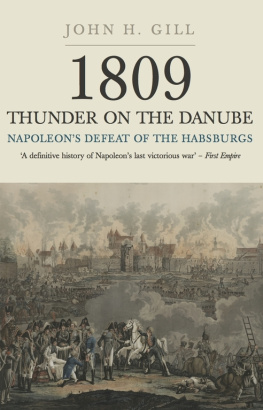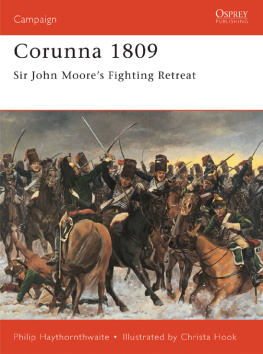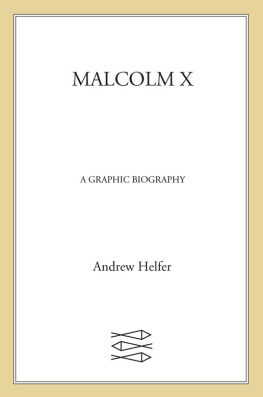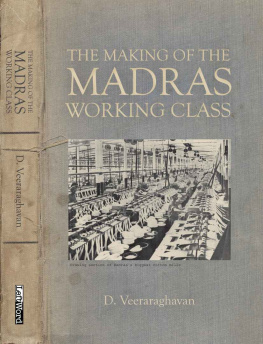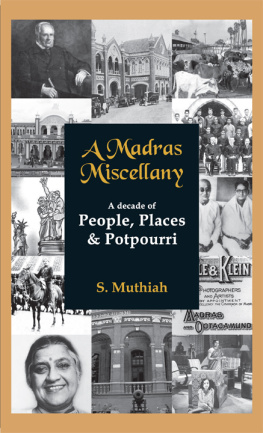PREFACE.
I have hitherto abstained from controversy regarding the late unhappy proceedings at Madras. The part which I had taken in these proceedings had placed me in possession of much information, and I had given a shape to my sentiments upon the subject; but the knowledge of these was limited to a few intimate friends, and to them only under the strictest injunctions of secrecy. I have been applied to more than once for papers and information upon this subject, but have invariably refused; as I deemed it improper to give publicity in any mode to communications, whether verbal or in writing, which had been, at the moment at which they were made, considered as private, or confidential. Nothing could have led me to a departure from this principle but a perusal of the dispatch under date the 10th of September, 1809, from the Government of Fort St. George to the Secret Committee of the Court of Directors, printed by order of the House of Commons. That dispatch contains an implied censure upon my conduct, which nothing but a conviction of its justice could induce me to pass over in silence.
Injustice is aggravated by the power of the individual or body by whom it is committed, and by the want of ability or opportunity in the person who suffers to repel the attack. Had not this dispatch been printed by order of the House of Commons, my character would have secretly received a deep and incurable wound: for as it is not likely the Honourable the Court of Directors could have ever thought it possible that so deliberate and grave an authority as the Government of Fort St. George, could (without adequate grounds) have pronounced censure on the character of an officer who stood at the moment as high in rank and trust as the local Government of India had power to raise him, it becomes probable, that most of those who read this dispatch would be satisfied, without a minute examination of the documents by which it was accompanied: and if any readers went into this detail, and were struck with the remarkable difference between the apparent premises and the conclusions drawn from them, it is more likely they would conclude, that grounds, not yet brought before them, existed, which would warrant the assertions made by Government, than that they should ever suppose the latter had committed such an injustice towards any individual in their service.
I cannot, on this occasion, limit myself to an account of my mission to Masulipatam, which is that part of my conduct to which the Government of Fort St. George exclusively refers: justice to my own character demands that I should give a narrative (accompanied by an Appendix of original documents), which will show, in a clear and concise manner, the part I took, and the advice I gave, throughout the whole of those unhappy and guilty proceedings which have lately afflicted our country in India. To render this narrative intelligible to all, I shall prefix a general view of the principal acts of the Government of Fort St. George, from the commencement to the termination of the late violent agitations on the coast. My object in this publication is to vindicate myself, not to attack others. A plain statement of indisputable facts will show, that though my judgment might on some occasions have been wrong, I was invariably actuated by an indefatigable zeal, and an undeviating principle of public duty; that I predicted at the commencement, and at different stages of the proceeding, every event of importance that occurred; that if any one of the many slighted suggestions which I offered had met with attention, the most serious evils would have been averted; and that my efforts were such as ought to have entitled me to the praise and gratitude of those by whom I now find my conduct misrepresented and my character calumniated.
Sir George Barlow has, I observe, from the volume of papers printed by order of the House of Commons, placed upon record a number of my private and confidential communications. This I did not anticipate; and these letters were written in a less guarded style, and with more warmth, than they would have been, if I had foreseen the public use to be made of them. I do not, however, conceive that I have any right to complain of this act: the letters contain not one sentiment of which I am ashamed: they were all on public subjects: and that alone, when they were addressed to Sir George Barlow or his Secretary, rendered them public. But I must claim to myself an equal privilege in bringing forward such private documents as are necessary to prove what I have stated, and to defend myself from those imputations which have been thrown upon my character from a partial, and, I trust I shall prove, a most unfair statement of my conduct when employed at Masulipatam.
I should feel unworthy of that station which I hope I hold in life, if any motive upon earth had such power over my mind as to make me silent under reflections (which I deemed unjust) upon my conduct: and where those have been, from any cause, (however unforeseen,) brought before the public, my reply must of course be submitted to the same tribunal. This is a circumstance which I by no means regret. Publications in England on the affairs of India have been rare, except on some extraordinary epochs, when attention has been forcibly drawn to that quarter; and a groundless alarm has been spread of the mischiefs which (many conceive) must arise from such free disclosure, and consequent full discussion, of the acts of the Indian Governments. This practice, in my opinion, will have a direct contrary effect. It must always do great and essential good. The nature of our possessions in India makes it necessary that almost absolute power should be given to those entrusted with governments in that quarter; and there cannot be a better or more efficient check over these rulers than that which must be established by the full publicity given to their acts, and the frequent discussion of all their principles of rule. Such a practice will expose imprudence and weakness, however defended by the adherence of powerful friends in England: and it will be more certain to prevent oppression, or injustice, than the general provisions of law, which may be evaded; or the check of superiors, who may, from conceiving the cause of an individual identified with that of authority itself, feel themselves condemned to support proceedings which they cannot approve. This practice, in short, (restrained, as it always must be, by the laws of our country within moderate bounds,) must have the most salutary effects. Its inconveniences are obvious, but trifling when compared to the great and permanent benefits which it must produce: and I am confident that every effort made to repress such discussion is not merely a sacrifice to personal feeling, and to momentary expedience, of one of the best and most operative principles of the British Constitution; but a direct approximation to the principles of that oriental tyranny, which it is, or ought to be, our chief boast to have destroyed.
FOOTNOTE:
I was, at the moment this letter was written, at Madras, preparing to proceed on a mission to Persia: not a word even of dissatisfaction at my conduct was expressedno explanation of any of my acts required; and, consequently, no opportunity afforded of defending myself against the serious charges that were thus secretly transmitted to England. The letter to the Secret Committee is dated the 10th September, 1809, the day before that on which Lord Minto arrived at Madras.



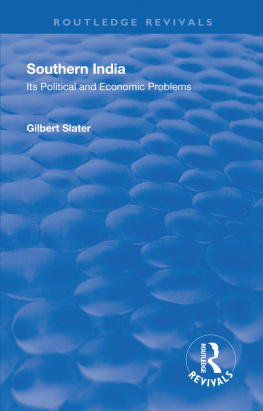
![Charles William Chadwick Oman - Wellingtons Army 1809-1814 [Illustrated Edition]](/uploads/posts/book/291191/thumbs/charles-william-chadwick-oman-wellington-s-army.jpg)
